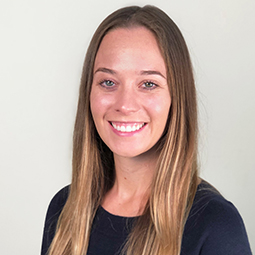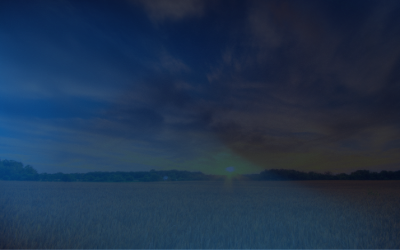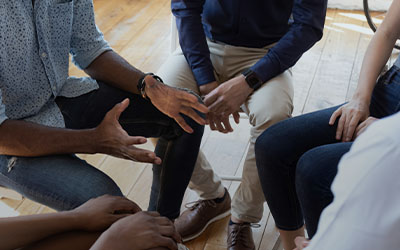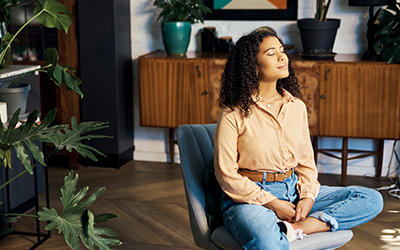Viewpoints from Amanda LaPointe
Let’s be honest – most of us have experienced the negative emotional consequences of the COVID-19 pandemic. Stress, anxiety, restlessness, the list goes on. But one experience that may not be as serious for some of us is loneliness. If you’re a parent with three kids, sure, your stress level is higher than it’s ever been, but you’re not isolated and alone at home – although you’re probably spending more time with your kids than you would prefer! My point is you have a social connection with your loved ones, and you are lucky. Some folks have little social connection with peers or family, and it’s a serious health concern. These are people that may have been feeling lonely before the pandemic hit, so remote working and social distancing have likely made things worse.
Recent research suggests that for many people, loneliness is more of a chronic issue, affecting their daily lives and sense of wellbeing.
An NPR article referencing Cigna’s 2018 “U.S. Loneliness Index” reports that “loneliness is widespread in America, with nearly 50 percent of survey respondents reporting that they feel alone or left out always or sometimes.” So, potentially half of Americans were already lonely before COVID-19. That ought to make you stop and think.
On the medical side of things, loneliness has health consequences and it’s a predictor of premature death.
Social connection, or lack thereof, is now considered a social determinant of health. While we all continue to better understand the connection between mental and physical health, it’s important to be mindful of the fact that physical health conditions can be strongly influenced by mental, behavioral, and lifestyle issues like loneliness.
Furthermore, loneliness may be on the rise.
NPR covered the topic again in January 2020 after Cigna released an updated survey, finding a nearly 13% rise in loneliness since 2018. More and more evidence is showing that the bonds you have with people and how close and connected you feel to others has an impact on physical health.
Be aware that:
- Those who have more daily in-person social interactions are less lonely
- Workplace culture may contribute to Americans’ loneliness
- Working too little or too much is associated with the experience of loneliness, i.e. work-life balance is important!
- Feelings of isolation do not discriminate and may be more impactful on our younger generation. Many assume our older population is the loneliest, but no one is immune
- In-person connections are what really matter
- Chances are, some of your workforce is struggling with loneliness
How to help:
- Be mindful of social isolation in the workplace
- Consider, when the time is right, emphasizing social connectedness in the workplace to help address loneliness at work. If there’s an opportunity to increase social connectedness in a remote environment, I encourage you to do so. My colleague wrote about staying connected earlier this year
- Continue to focus your wellness programs on diet, exercise, smoking cessation, mental health, etc., but also focus on incorporating social health
- Be a part of the change and create a culture that encourages relationships and work-life balance
Our EPIC Wellness & Health Management team is here to assist and we’ll continue sharing ways to support the wellbeing of your workforce as we get through this pandemic together. Stay tuned for an upcoming article about our Mental Health Pulse Survey results!
Check out more of our EPIC Resources:
Visit the EPIC coronavirus update center for COVID-19 information
Sign up for EPIC Newsletters in one convenient location
See results from our In It Together pulse surveys on our COVID-19 strategic collaboration and idea-sharing forum
EPIC offers these opinions for general information only. EPIC does not intend this material to be, nor may any person receiving this information construe or rely on this material as, tax or legal advice. The matters addressed in this article and any related discussions or correspondence should be reviewed and discussed with legal counsel prior to acting or relying on these materials.
Related Content
Products
Employee Benefits Consulting
Our dedicated EPIC benefits team is focused on delivering better outcomes – to both your benefits program ...
Products
Wellbeing & Health Management
Our Wellbeing and Health Management consultants help you create a strategy around population health ...
Products
Compliance
Our expert Compliance team provides comprehensive consulting services and in-depth education regarding the ...



